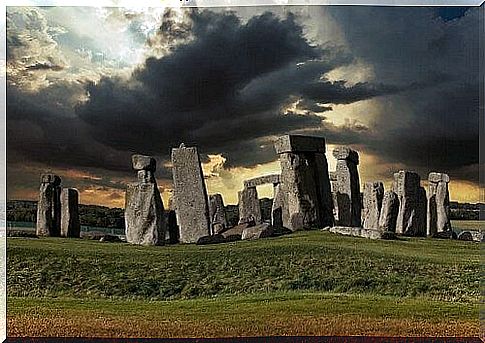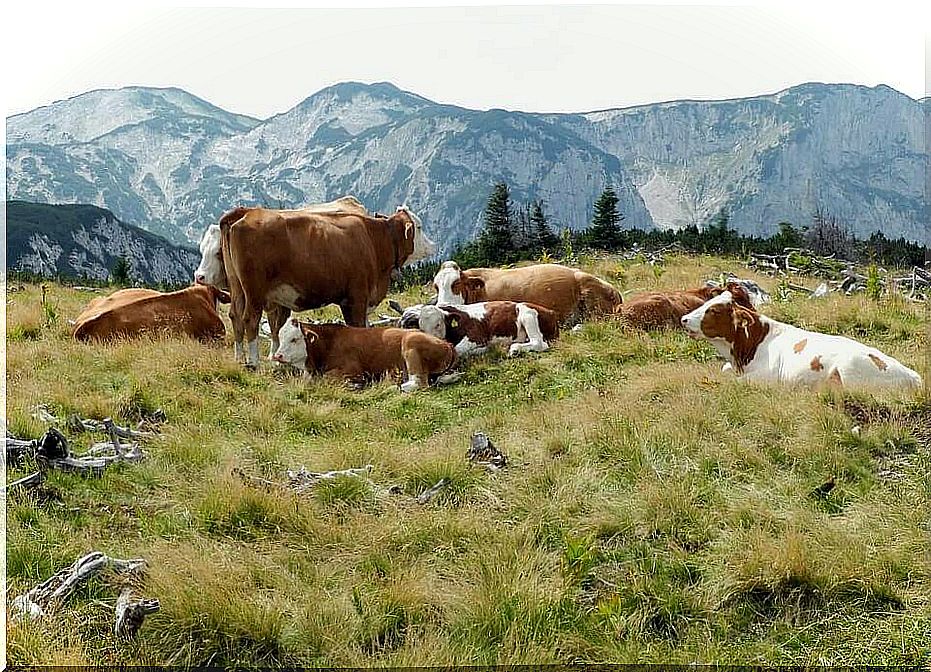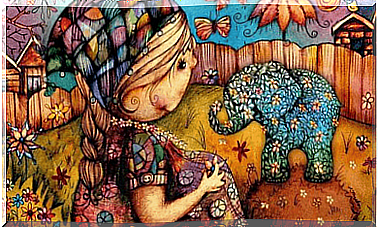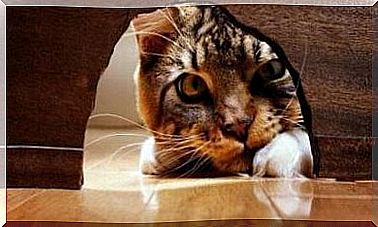The Neolithic Revolution

Some words are welcome in our culture, such as “progress”. The human being progresses with time. Each generation is better than the previous one. Each new invention opens the door to a better world. But it’s true? We are all aware of the current crisis and of those of the history closest to us. But the more distant ones, the one that for example marked the Neolithic revolution ?
The Neolithic is a period that extends from around 7000 to 4000 BC. In these years, what are considered the most important revolutions in the history of mankind took place: agriculture and livestock. When we study this period at school, we think of the birth of two great discoveries capable of changing the destiny of man, a progress acclaimed by all.
In reality, this was not the case, not everyone accepted the Neolithic revolution . For some groups, farming and livestock meant retreating and they preferred to continue hunting and gathering.

The Neolithic revolution
The Neolithic is one of the most important periods in history, but also one of the least known. The pillars of today’s world arose, such as agriculture and livestock, warfare, the concept of ownership, writing, the division of powers. It could be said, however, that it was also the time when humanity’s major problems began.
The importance of this era lies in the fact that man began to transform the environment and adapt it to his own needs and the population began to increase exponentially.
We live today in a moment of transition towards a new geological era. The great change our planet is undergoing began in the Neolithic. For this reason, understanding the Neolithic revolution and the consequences of this geological shift can provide us with clues about the future of our world.
What does the Neolithic teach us?
The essayist historian Yuval Noah Harari calls this period “the greatest scam in history”. “Instead of heralding a new era of easier life, the agricultural revolution threw farmers into a generally more difficult and less satisfying situation than hunter-gatherers.” The life of the latter was perhaps better. It turned out that they suffered less from lack of food, their diet was more nutritious, they became sick less until they began to live in agglomerations and with animals. They also did not know the war.
The idea of a Neolithic in which man learns to dominate the world of plants, to build cities and to end hunger is false. Many agricultural societies abandoned progress to return to being hunter-gatherers, only to adopt agriculture several times.
Numerous natural disasters such as epidemics, deforestation, soil salification favored this fluctuating process. For 5,000 years we passed from one condition to another depending on the climatic conditions.

What did the Neolithic revolution leave us?
This important period has left us a clear message: a transformed and well-regulated environment can feed a large number of mouths. This message, however, has been warped by man. Irrational exploitation, social inequality, the desire to overwhelm the weakest and to accumulate are examples.
The hope of a society in harmony with the new type of economy collapsed due to the refusal to share. What do the imposing constructions built by the great civilizations, such as the pyramids or the Parthenon, represent when compared with the passage of man to agriculture?
Once the idea of a single Neolithic revolution starting from the Middle East has been discarded, the existence of more or less simultaneous outbreaks is considered probable. Wheat in the Middle East, rice in China, corn in America: these are all elements of an agricultural revolution that later came to Europe with the migration of the first farmers.
This is another of the factors that characterize this era, the movement of human beings from the Middle East. The Neolithic revolution led to demographic growth, almost nil until then. The migratory phenomenon carried people, ideas and materials.
Despite the period of uncertainty we live in, there is no doubt that the Neolithic revolution has changed everything and is not over yet. The lesson it hides can be precious at a time when man is bringing nature and its resources to the limit of their possibilities.









